The Hispanic interpretation and translation of the Song of Songs reaches back to the early Middle Ages and moves forward through the period called the “Convivencia,” when the Jewish, Arab and Christian cultures lived together in relative harmony. Later, this interpretative tradition flourished during the 15th and 16th centuries, when it had a profound influence on the mysticism of John of the Cross, Theresa of Avila and other mystics through the work of Benito Arias Montano, Luis de Leon and other lesser known biblical scholars. Translations into Spanish of the Song of Songs eventually found their way into the settlements, monasteries and convents in the New World—a fact recorded in the archives of the Spanish Inquisition. The covert distribution of these texts in Spanish fueled the development of literary forms in Hispanic literature that crossed the divide between the sacred and the secular (for example in the work of Sor Juana Inez de la Cruz). The Song of Songs is a seminal text both in biblical interpretation and spirituality. This course provides an introduction to the Hispanic tradition of translation and interpretation of the Song of Songs that had a direct impact on the spirituality of Golden Age Spain. It will focus on the 16th century translations of Fray Luis de León and his precursors—who pioneered the use of the Hebrew text and its translation into emerging “Castellano” or modern Spanish. It will also look at the appropriation of the Song in the Hispanic mystical tradition—particularly in the works of St. John of the Cross and Theresa of Avila.
